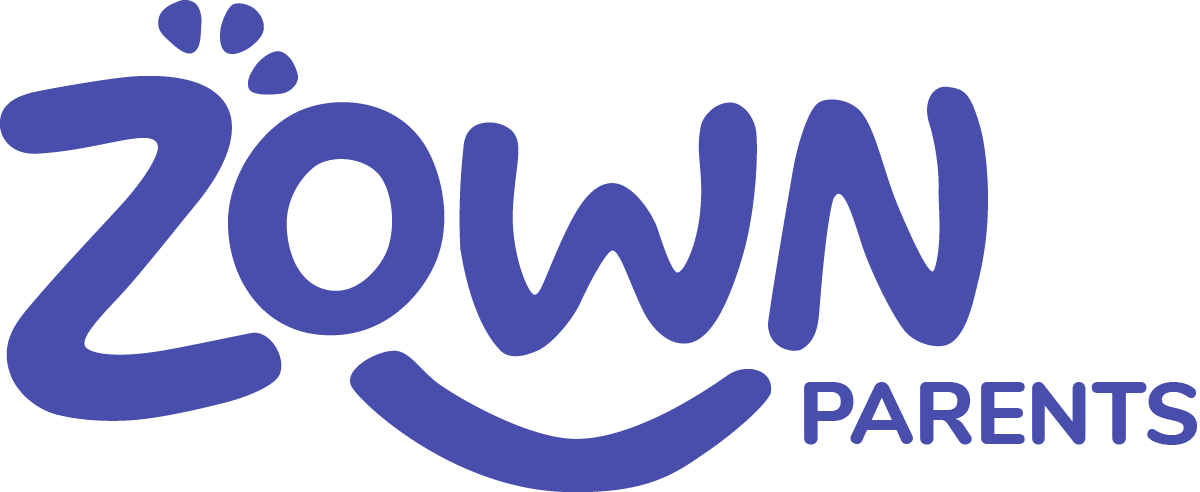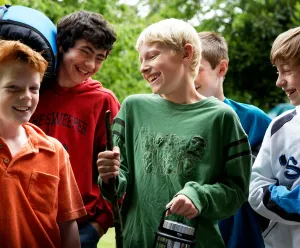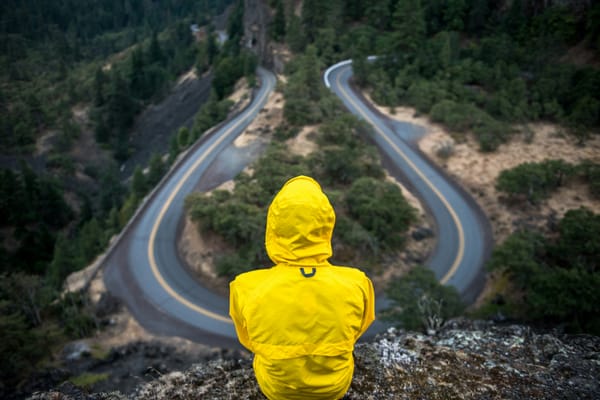Brett Lee founded Internet Safe Education in 2008 after working as a Child Exploitation detective for 16 years. He spoke at The Calm, Connected Tweens and Teens Summit last month about keeping our kids safe online. Here is my summary;
Generally if kids are having problems online, it's not just about the technology - it's about how they, and others, are using the technology. We don't need to be experts in every program or app our kids are using, but the more we know about the technology, the better equipped we are to help and to notice problems.
Consider the same boundaries online as you would in the real world. You want to know where your kids are going and who they are hanging out with in real life - why not online? Rules and boundaries and regular check ins to make sure everything is OK is part of reducing risk online. You will never eliminate risk - online or in real life - but our aim is to reduce.
To minimise risk online, we need to create an environment where kids can get the positive things online - connection, privacy and safety. We also need to notice changes to sleep, nightmares, changing tech behaviours, being overly secret, anger or becoming withdrawn. These can all be signs of things happening to our kids - online or in real life.
The biggest problems for kids online happen in a secret environment. When Brett was working as a detective to uncover online predators, he was asked (when pretending to be a child online) if he spoke to his parents about what he did on the internet? As soon as he said 'yes' the predator disconnected. They prey on kids who are secretive. Make sure communication with our kids about online activity is open, transparent and without judgement.
Parents have the right to check their child's devices. It's important to let your child know this is not about trusting their child, but about being aware of the nature of the world they're growing up in.
The main dangers to be aware of online are predatory behaviour, addiction and cyberbullying.
Unfortunately many apps and games are designed to be addictive (not Zown - it's meant for a feel good check in every now and then!). Some kids are better at balancing time online than others. Gaming sites often have no moderation, validation or monitoring - people can be whoever they want. They are not doing this for our kids (or any aged users) - they are doing it for profit.
Did you know the 'age of criminal responsibility' in Australia is 10 years old? So, once a child turns 10, they are criminaly liable for their actions - including online. Cyberbullying is a federal criminal offence - actions from behind a screen do not diminish responsibility.
Brett recommends keeping internet enabled devices out of the bedroom for as long as possible (noting from my personal experience this became very difficult during and after Covid 19 home learning and working). He also encourages clear rules and boundaries for online usage - in terms of time, connections, programs that can or can't be used, and what to do if there is an issue. Parents have the right to make final decisions about what their children do online. It's also imperative to create a culture at home of open communication about what happens online.









